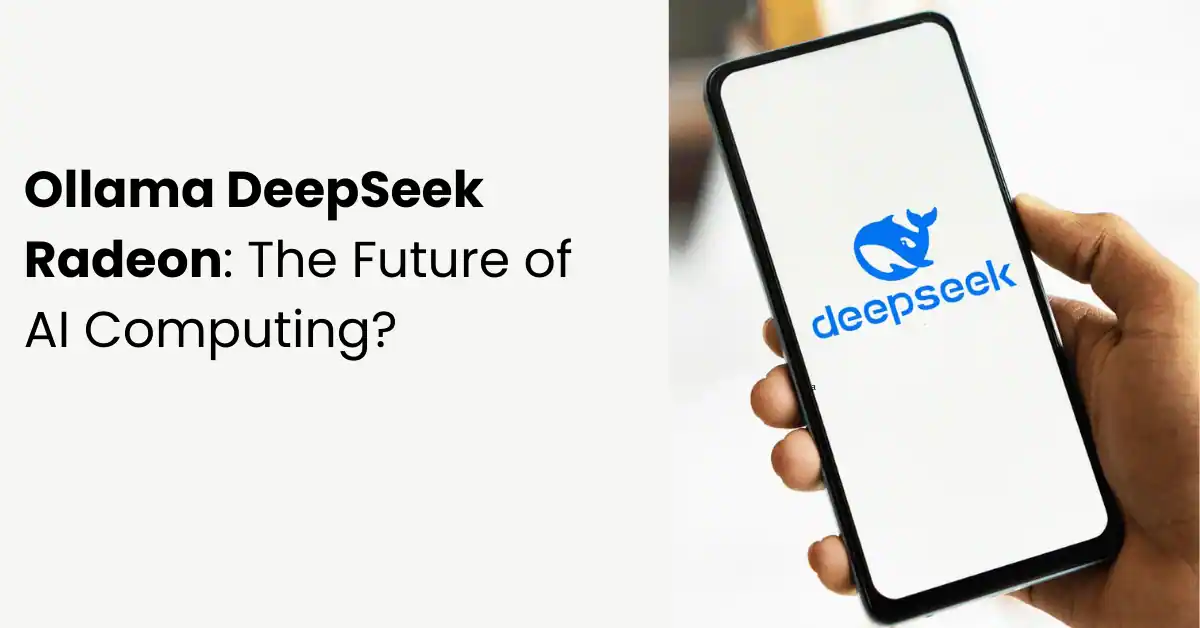As the financial world is evolving, it is going through the most revolutionary change. Welcome to Fintech 3.0 which is informed by the convergence of AI in financial services and blockchain in fintech. With conventional banking unable to keep up, the combination and convergence of fintech and AI as well as integration of blockchain in finance are redefining all aspects of payment, lending, identity verification, risk profiling and more.
Fintech History and Trends: toward Fintech 3.0 <h2>
Financial technology has had its developed stages:
- Fintech 1.0: Automatization of analogous banking technologies
- Fintech 2.0: Emergence of Internet services, mobile applications and APIs
- Fintech 3.0: Revolutionary technique that combines AI and blockchain inventions
Such an evolution in financial technology is not only technical, but it is structural. Fintech 3.0 differs with it being able to employ the self-executing transactions, predictive, as well as decentralized systems that facilitate business transparency, speed and security.
Artificial intelligence in the Financial Services: The Brain of Fintech 3.0
Intelligent automation is taking off with the help of artificial intelligence in the fintech space. Chatbots, fraud prevention to risk management, financial institutions using AI are making user interaction and engagement a positive experience.
The most notable AI-related fintech applications:
- Alternative data and machine learning in the fintech Credit Scoring
- Robo- portfolio advisors
- Automation of Customer Service using Natural Language Processing (NLP)
- Market behavior Predictive Analytics and credit risk
Blockchain and Artificial Intelligence Fintech Automation
The AI and blockchain lead to the business of blockchain fintech automation. To give an example, an AI solution might look over the risk of the loan and blockchain technology might be utilized to secure the contract in a manner that will make it impossible to change or modify.
Blockchain in Fin tech: The Trust Level of Finance
Incorporation of blockchain in finance makes the transactions secure, traceable and cannot be altered. It is safer than a centralized system where business can be hacked or compromised because block chain is decentralized offering assurance and visibility.
The Best Blockchain Applications in finance:
- Automated compliance Smart contracts in banking
- Peer-to-peer lending decentralized finance (DeFi) DeFi
- Cross-border transactions without parties
- KYC/AML compliances using the sharing of digital identities
These financial blockchain applications not only cut down on expenditure, but they also enhance efficiency in operations.
Synergy between AI and Blockchain: The Fintech 3.0
The synchronized phenomenon of AI and blockchain synergy is not a fad but rather it is the structure of fintech 3.0.
- AI makes data driven decision making.
- Blockchain guarantees safety-plus-transparency in its execution.
Wherein, they form a secure, non-trusting and smart financial system.
Example Payments: Fraud Detection
Blockchain records the transaction in an immutable way but AI can detect suspicious activities in real-time. This collaborative work in real-time presents immeasurable fraud protection.
What to expect in the Future With Fintech Trends: Fintech Trends 2025
Focusing on the future, the developments of blockchain and AI combination suggest some fintech trends 2025:
- Portfolios of connected smart contracts Self-executing smart contract based investment portfolios
- A transfer in real-life assets as tokens to trade more easily
- Decentralized autonomous Banks
- User behavior based predictive financial planning
- Faster funding of loans through AI-driven risk models and identity that is fuelled by blockchain
These tendencies indicate the potential of fintech innovation implemented with the help of AI leading towards user-friendly, trust-based, and frictionless financial services.
Smart Contracts in Banking: Banking Automating Trust
Smart contracts in banks are the contracts that can self-execute, once particular conditions are fulfilled. This eliminates the presence of intermediaries in the processes such as:
- Mortgage approvals
- Insurance claims
- Corporate financing
Smart contracts will be able to modify terms and conditions, be able to determine eligibility, and execute themselves when augmented with AI. This is where fintech and artificial intelligence in banks are headed.
Decentralized Finance Solutions: Beyond Traditional Institutions
Decentralized finance solutions or DeFi are shattering the monopoly of central bank systems and conventional lenders. DeFi is servicing options using blockchain, such as:
- Loan and finance
- Yield farming
- Asset trading
High-tech platforms can provide personalized investment portfolios when combined with AI in financial services, real time asset risk analytics and automated balancing strategies.
AI-Powered Financial Platforms: Decision-Making in Real-Time, Enhanced UX
Be it retail banking or wealth management, AI-based financial solutions are faster and more accurate than any other. The fintech platforms achieve this by relying on machine learning to:
- Forecast the stocks movements
- Spotting patterns of fraud Find clues in fraud Find patterns of fraud
- Make the onboarding of customers efficient
- Come up with hyper-personalized offers
These decisions when accompanied by blockchain are also smarter in that they are more secure and traceable.
New Operating Model of Digital Transformation in Banking
There is more to digital transformation in banking than paperless ways, as the overall redesign of the entire financial space must be focused on AI and blockchain.
Some of its major changes are:
- Online loans dispensation
- Audit trails in blockchain
- Artificial intelligence CRM systems
- Identity Decentralized identity verification
Banks that adopt these technologies do not only become more agile but more resistant to any disruptions in the future.
The AI-Driven Fintech Innovation: A Competitive Advantage
The financial business can no longer afford not to innovate. The application of AI in fintech innovation is assisting businesses to distinguish in the following terms:
- Speed: Verification and processing in a zero-time manner
- Accuracy: Reduction of predictive models of default risk
- Engagement: Sixty-Personal interactions, through behavioral analytics
- Scalability: Automation achieves a lower level of dependency by humans
Traditional financial institutions as well as startups are in the process of incorporating AI to stay afloat in the age of Fintech 3.0.
Blockchain as an Incorporation in Finance: Applications and Advantages
Artificial intelligence is predicting and optimising, and blockchain technology in the field of finance guarantees the secure performance and transparency. The typical applications are:
- Stablecoins with accelerated settlements
- Management of digital identity
- Digtization of trade finance
- Remittance Blockchain-based platforms
These unifications cut down on operating inefficiencies and water ones up the trust.
Issues with implementing AI and Blockchain in Fintech
Although the AI and blockchain innovations seem to be promising, fintech industry has been challenged:
- Regulatory Uncertainty: Governments are yet to be up to date
- Privacy of data: Large volumes of data are used by AI and this poses security risks
- Scalability: There are certain blockchain networks, which have low throughput
- Interoperability: Blockchain/AI technologies can be linked with legacy servers in a complicated manner
Nevertheless, these issues are currently being resolved as fintech trends 2025 evolve toward the enhancement of governance and technical improvements.
Conclusion: Fintech The 3.0 Age is Here
Blockchain and the AI in financial services are no longer the future, they are present. Regardless of whether one looks at smart contracts in the banking industry, AI-based financial platforms, or decentralized finance, the interaction of the technologies promises significant value creation.
Fintech 3.0 is turning the rules of play upside down and is transforming finance to be intelligent, secure and accessible. To business, as well as institutions and consumers, the issue of whether they need these innovations or not, is not a subject of debate-how quick they can embrace them is the question.






